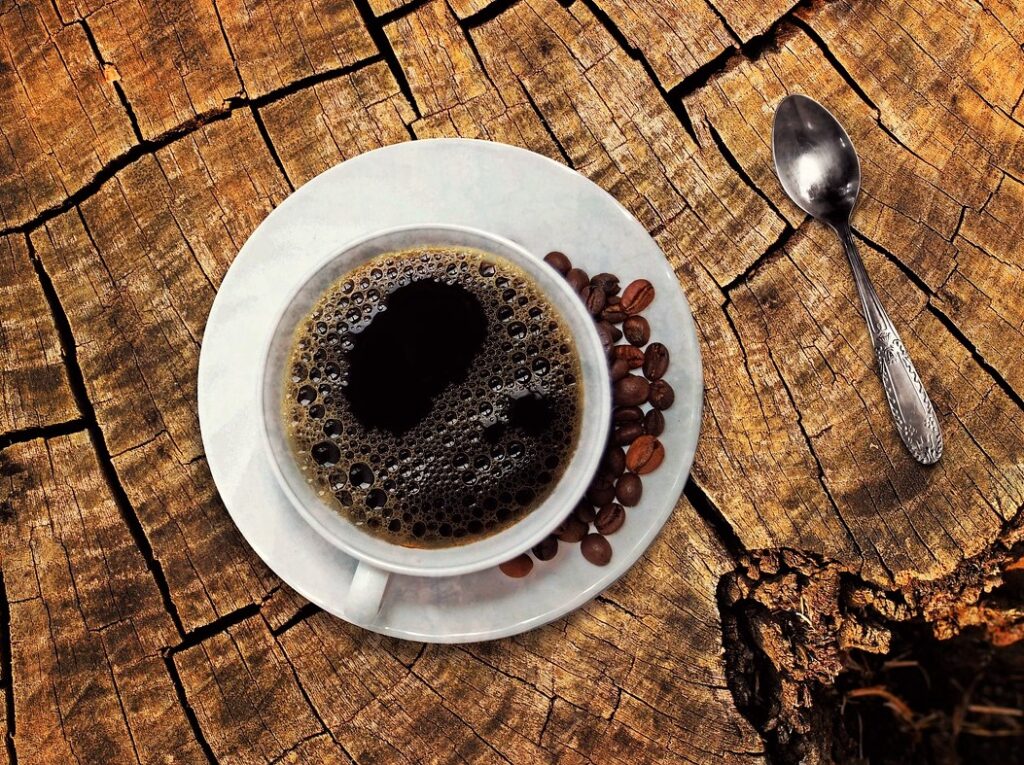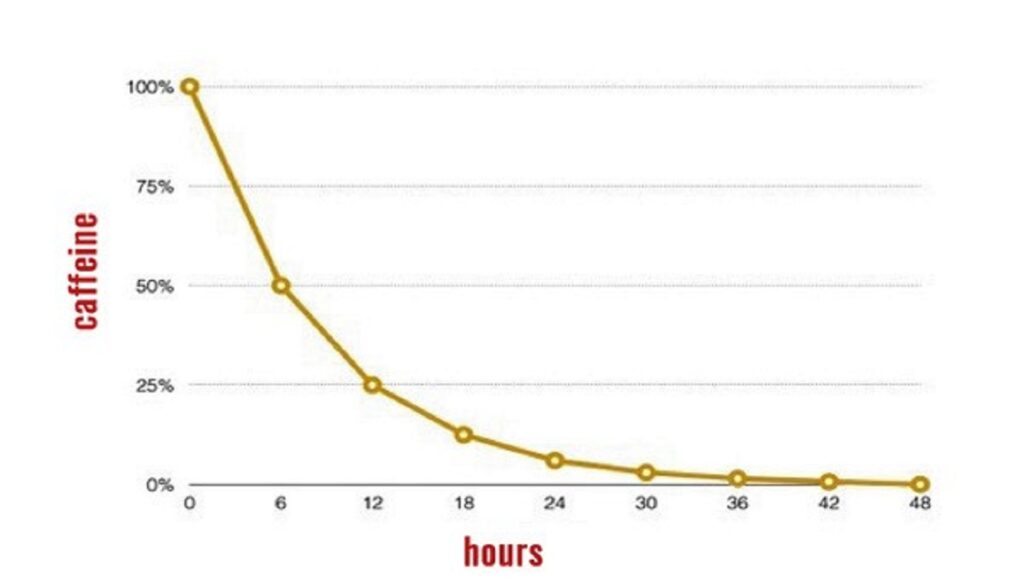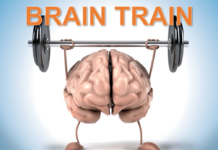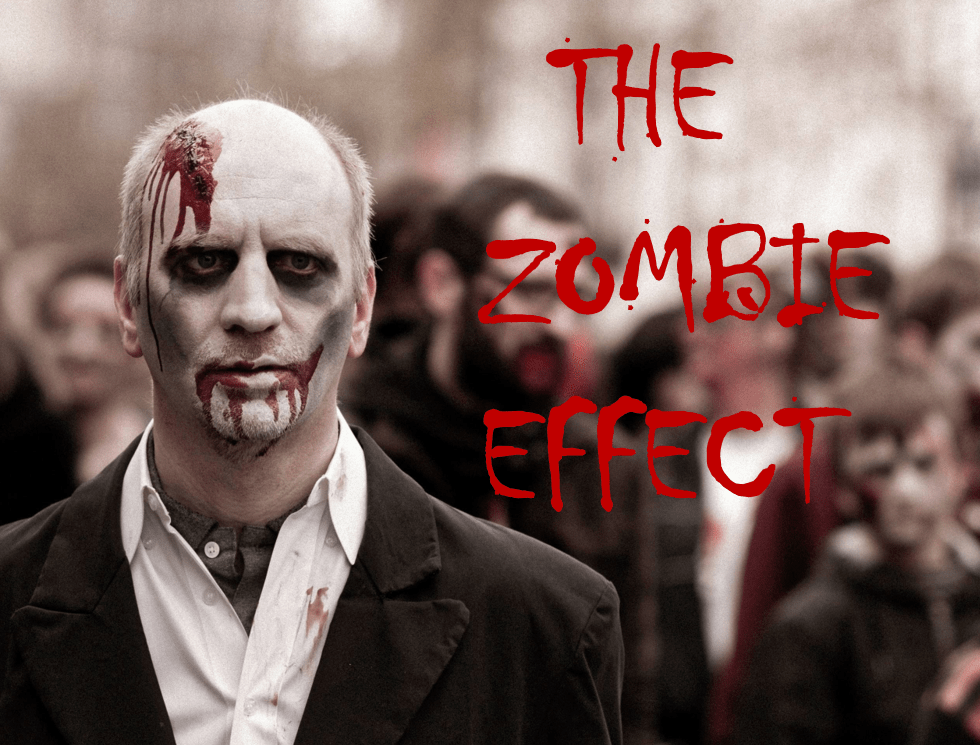THIS IS SCARY. You down a scoop of “high-energy” pre-workout before sauntering to the deadlift platform, and 30 minutes later the 400 mg. of caffeine is peaking. But six hours after that, when you’re in bed, failing to sleep, you still have 200 mg. of stimulant—the equivalent of two cups of coffee!—coursing through your veins, keeping you wired and staring at the ceiling, not recovering, not growing. It’s the zombie effect, and you need to kill it. Let’s investigate how long the effects of caffeine last.
CAFFEINE EFFECTS: THE GOOD
This is the part of the horror movie when everything seems copacetic.
Adenosine, a chemical in cells, binds to its receptors and then slows down nerve cell activity. It increases this throughout the day, to promote sleepiness, and decreases while you’re catching Z’s. Caffeine isn’t a fan. Caffeine binds to adenosine receptors, blocking the adenosine, cranking up nerve cells. This is what keeps you wired when you might otherwise feel drowsy.
Caffeine also increases the firing of neurons in the brain, alarming the pituitary gland so it produces adrenaline. Triggering this “fight or flight” hormone isn’t always a positive; it can leave you irritable and anxious. But substitute “strength and speed” for “fight or flight” and you see why this a valuable workout boost, as research demonstrates.

CAFFEINE EFFECTS: THE BAD
Here comes the scary part.
Well, probably not right away. The downside of caffeine can sneak up on you. That’s because it doesn’t just do its thing and die. No, it lives on and on and on, undead and stalking, maybe even terrorizing. Caffeine has a half-life of four to seven hours. So, it’s still stimulating half as hard as it did at its peak long after ingestion, and that may be keeping you awake when you need to sleep.
One study demonstrated that those taking caffeine six hours before sleep were losing one hour of slumber—invaluable recovery and growth time. What’s more, the stimulant lives on even longer, zombielike. It won’t reach its quarter-life for still another four to seven hours beyond its half-life, and it’ll take about 48 hours to clear your body entirely.
There are a lot of factors that influence caffeine’s undead effect, including your age and genes, but let’s focus on three:
• Smokers metabolize caffeine 50% faster than nonsmokers.
• Larger dose = longer half-life. Most half-life estimates assume one or two cups of coffee, which have 100 mg. of caffeine each. Your pre-workout supplement with 300 mg. will take substantially longer to lose potency.
• Tolerance. If used daily, or multiple times daily, caffeine loses some of its stimulant effectiveness. Likewise, its zombie effect decreases.
Assuming you’re of average or greater size, a non-smoker, and ingesting 250 mg. or more pre-workout, caffeine’s half-life in your body is about six hours and its quarter-life is 12 hours. On a chart it looks like this:

Scary stuff if you’re trying to sleep in those first six or so hours.
THE ZOMBIE EFFECT CURE
Take these measures to kill, or at least seriously wound, the zombie effect:
• Limit the caffeine in your system at bedtime to under 100 mg. (and much less, if possible). So, if you train six hours before sleep, ingest no more than 200 mg. of caffeine pre-workout; 300 mg. if you train nine hours before bedtime.
• Your caffeine intake may not be confined to pills, powders, or multi-ingredient supplements. Any coffee, tea, energy drinks, or soft drinks you down daily should also be factored into the zombie effect (even decaffeinated is rarely caffeine-free). Two other common caffeine-culprits are chocolate (including protein bars) and most over-the-counter pain-killers.
• Alcohol slows down caffeine metabolism, lengthening the zombie effect. So, curtain or limit your post-stimulant booze intake.
• Consider abstaining from all caffeine on off-days and, perhaps, less-intense workout days. In addition to clearing it from your system, this will help you remain sensitized to its positive effects.
• Prioritize sleep. Eight hours nightly of continuous, growth-inducing slumber is crucial to your progress.
















































